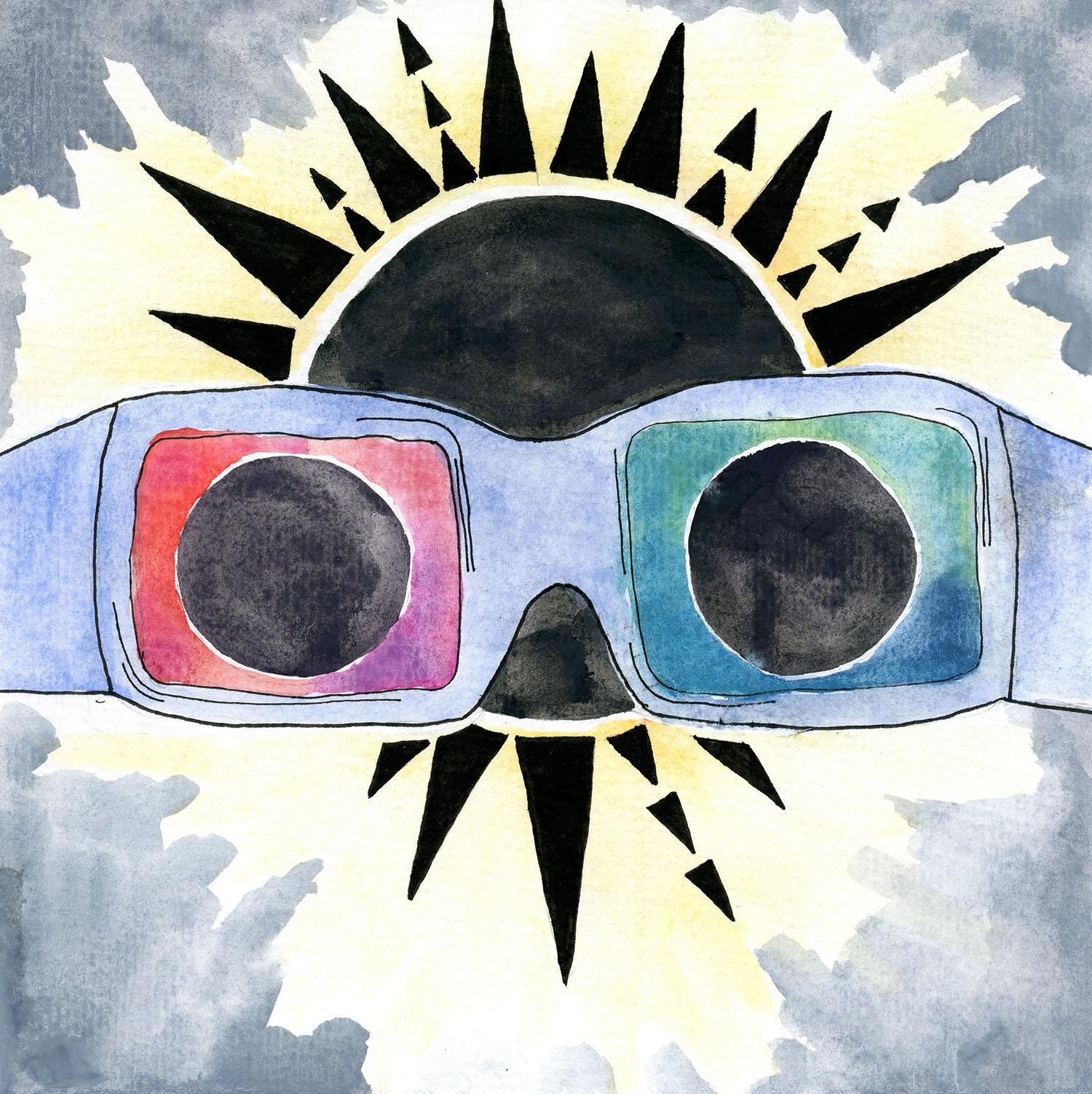The best thing about school starting back up is the cancellation of classes due to a total solar eclipse spanning across the continental United States. The worst thing is that this only happens once in a lifetime.
People in Bowling Green are lucky enough to be in the eclipse’s path of totality. In preparation, WKU decided to close its classrooms on Monday, Aug. 21, the would-be first day of classes. We spoke to Florence junior Brendan Evans, a physics and mathematics major, about what makes this eclipse so special.
“While there is an eclipse about once every other month somewhere on Earth’s surface, this year, the eclipse will reach its totality over fourteen states in the US,” he said.
Evans explained that “totality” is when the moon completely blocks out the sun. WKU students will have the privilege of witnessing this for a couple minutes right here on the Hill.
Evans also provided us with a few tips for experiencing the eclipse in order to reach maximum viewing pleasure.
1. Locate your viewing point
It will take a while for the moon to reach peak totality, but once it gets to that point, it won’t last long. Savor it while you can! On the Hill, totality will only last about 53 seconds. A short drive to Hopkinsville will get you over two whole minutes of total eclipse exposure.
2. Be on time
Because totality doesn’t last very long here in Bowling Green, it is important to know the timeline so you don’t miss a thing.
“The eclipse will pretty much start at around noon,” Evans said. “Finally at around 1:27 p.m., the sun should be completely covered for about a minute.”
It is a slow build, but Evans said it’s absolutely worth the wait.
3. Definitely wear the funky glasses
Evans said it is of paramount importance to only view the eclipse through special solar glasses. Otherwise, you could severely injure your eyes.
“For much of the event, the sun will still peak out around the moon, which means that if you really wanted to be able to observe the entire event, you must obtain glasses that allow you to directly observe the sun,” Evans said
Housing and Residence Life will distribute eclipse viewing glasses to students living on campus, according to a faculty email from Jeffery Younglove, coordinator of special projects for WKU Public Affairs. The email also said Downing Student Union and Student Activities staff will distribute glasses for commuter students, and Student Activities will host eclipse-related activities from 10 a.m. to 4 p.m. on South Lawn.
The eclipse should only be observed directly with the naked eye once the sun is completely covered by the moon, Evans said. Remember to put your glasses right back on once the sun begins to come back.
4. Don’t be alarmed if you see some weird stuff during the eclipse
In a lot of cultures, there is superstition surrounding an eclipse like this. Some even stay inside and don’t come out until afterward.
“There are things called shadow snakes, or shadow bands, which are these weird rippled looking shadows that appear shortly before and after totality,” Evans said. “Scientists literally do not know exactly why they happen, [so] they are still a mysterious phenomenon.”
5. Invite your family and friends
To reiterate, this eclipse is a once in a lifetime opportunity for many people, so a special event like this is best shared with friends and family. However, you should leave your pets at home. There are no animal-friendly viewing glasses, so be sure to leave those furry friends indoors where their eyes are safe.
Gather up those loved ones, some lawn chairs and your favorite snacks and go outside to witness one of nature’s coolest magic tricks.


